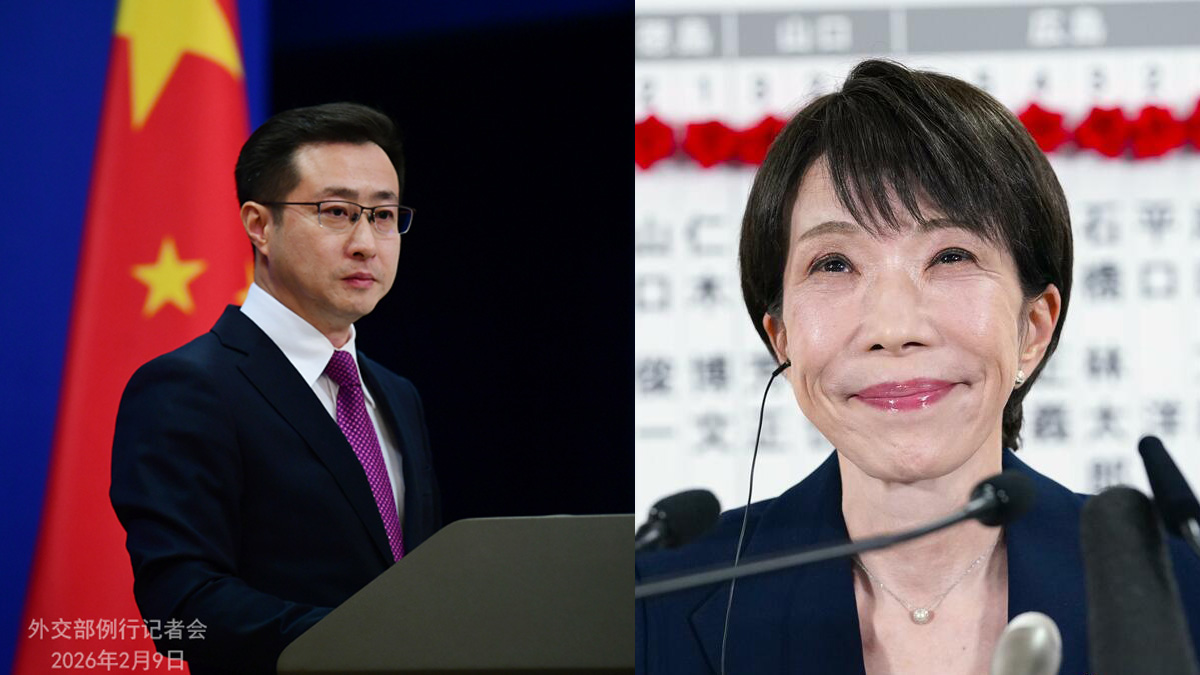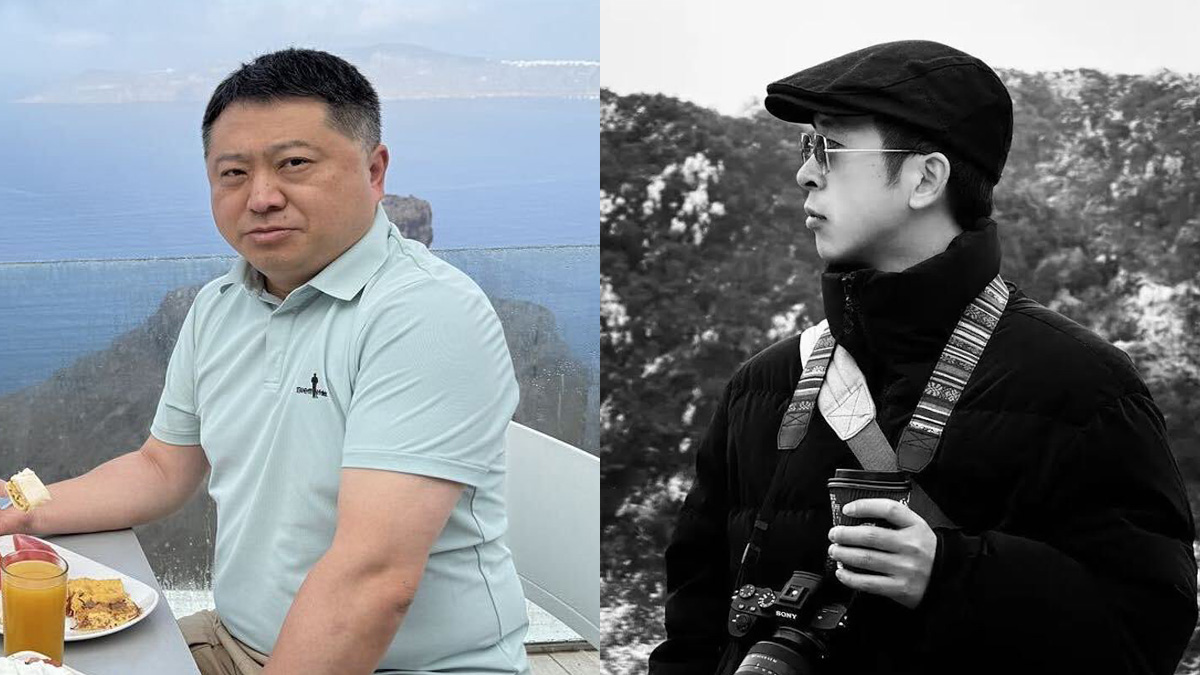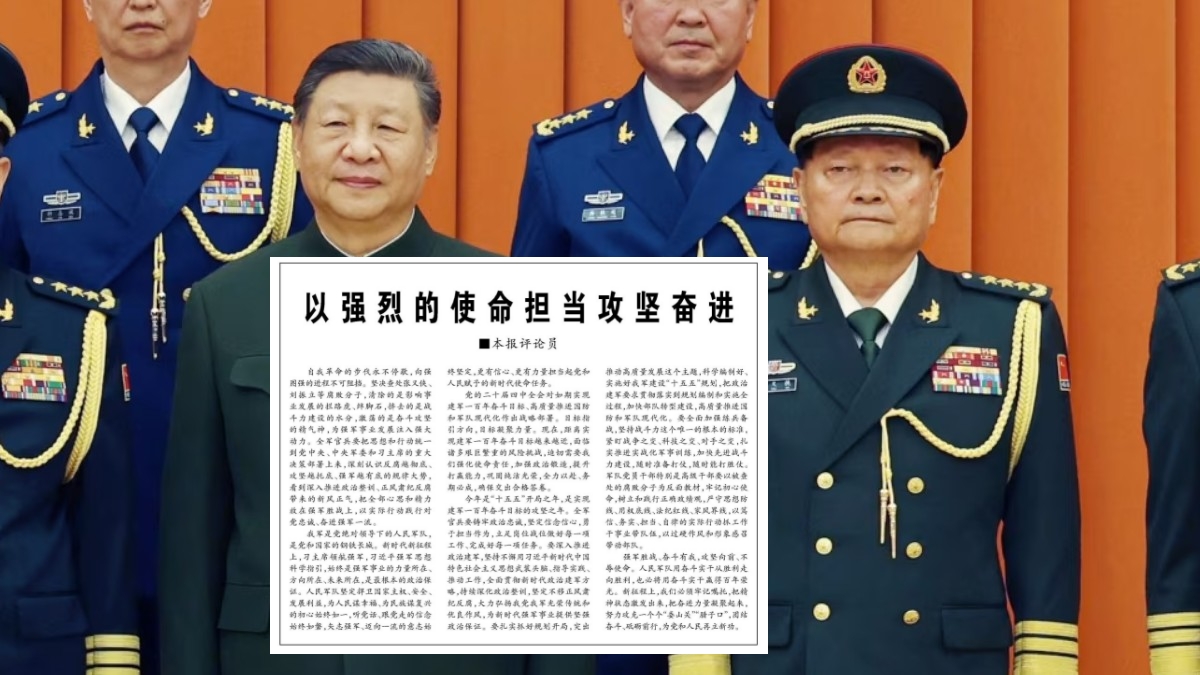China accuses Japan of threatening ‘armed intervention’ over Taiwan in UN letter
China has escalated its diplomatic dispute with Japan by submitting a letter to the UN, accusing Prime Minister Sanae Takaichi of threatening military action over Taiwan and warning of a forceful response under the UN Charter.

- China submitted a letter to the UN accusing Japan of threatening military intervention over Taiwan.
- Chinese Ambassador Fu Cong warned Japan of a forceful response under the UN Charter.
- The move marks the most severe diplomatic escalation since PM Takaichi’s remarks on 7 November.
China has escalated its two-week-long diplomatic dispute with Japan by lodging a formal complaint with the United Nations, accusing Prime Minister Sanae Takaichi of threatening "an armed intervention" over Taiwan.
In a strongly worded letter sent on Friday, 22 November, to UN Secretary-General António Guterres, China’s Permanent Representative to the UN, Fu Cong, claimed that Takaichi had committed “a grave violation of international law” and warned of a resolute Chinese response under international statutes.
“If Japan dares to attempt an armed intervention in the cross-Strait situation, it would be an act of aggression,” Fu wrote, according to a statement released by China’s UN mission. “China will resolutely exercise its right of self-defence under the UN Charter and international law and firmly defend its sovereignty and territorial integrity.”
The Chinese Embassy in Japan also amplified its warning on social media by explicitly referencing the “enemy state clauses” within the UN Charter. In a post published in Chinese and shared in Japanese, the embassy stated: “The Charter of the United Nations specifically includes enemy state clauses, which stipulate that if any of the fascist or militarist states such as Germany, Italy, or Japan takes any step to re-implement an aggressive policy, the founding member states of the UN—including China, France, the Soviet Union, the UK, and the US—shall be entitled to take direct military actions against it, without the authorisation of the UN Security Council.”
The embassy’s post included images of the Japanese-language versions of Articles 53, 77, and 107 of the Charter, marking a rare direct invocation of clauses generally regarded as obsolete by most international legal scholars.
Beijing’s diplomatic offensive follows Takaichi’s controversial remarks on 7 November during a Diet session, where she stated that a hypothetical attack on Taiwan could be deemed “a situation threatening Japan’s survival.” This classification under Japanese law could legally permit deployment of the Self-Defence Forces in a regional contingency.
Takaichi, who assumed office last month, has been viewed as a conservative nationalist with a more assertive security posture. Her remarks marked a clear departure from the strategic ambiguity historically maintained by Tokyo—and by extension, Washington—on potential responses to a Taiwan conflict.
Taiwan lies just over 100 kilometres from Japanese territory, and Japanese security planners have long cited proximity and regional stability as critical national interests. However, China considers Taiwan a domestic issue, and any suggestion of foreign military involvement is met with staunch resistance.
Japan’s Foreign Ministry and Prime Minister’s Office did not immediately respond to requests for comment on Saturday regarding the contents of Fu’s letter, which represents the most direct and forceful criticism from a senior Chinese official since the dispute began.
Fu’s letter demanded that Japan “stop making provocations and crossing the line, and retract its erroneous remarks,” accusing Tokyo of “openly challenging China’s core interests.”
The diplomatic row has rapidly expanded beyond statements, with real-world consequences emerging. Beijing has warned that Takaichi’s comments have “severely damaged” trade cooperation. In recent days, concerts by Japanese musicians in China have been cancelled, and some cultural exchanges have been suspended.
The timing of the escalation is notable. China has increasingly invoked World War II history in recent years, particularly as the 80th anniversary of Japan’s surrender approaches. Fu’s statement follows this pattern, linking current tensions to Japan’s wartime past and post-war international order.
China argues that post-war declarations—the Potsdam Declaration and the earlier Cairo Declaration—provide a legal basis for its sovereignty claim over Taiwan. These documents stipulated that territories taken by Japan, including Taiwan, should be restored to China.
However, many governments interpret those declarations as political statements of intent rather than binding legal instruments. Moreover, they were originally signed by the Republic of China government, which fled to Taiwan in 1949 after losing the Chinese Civil War to the Communist Party. The Republic of China held China’s UN seat until 1971, when it was transferred to the People’s Republic of China.
Beijing’s growing use of these historical claims reflects its broader effort to reshape global governance institutions and international legal narratives to bolster its geopolitical interests.










